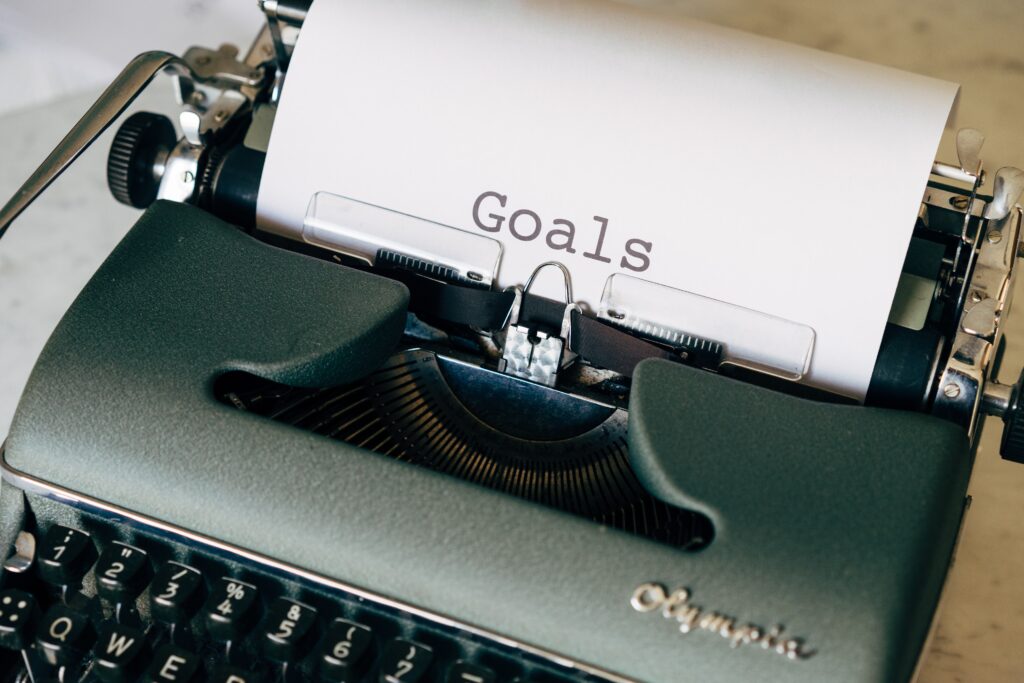
New Year’s resolutions often suck. I have written about it on my company website. Here’s a repost from my consulting company‘s website titled: New Year’s Resolution Sucks, Try These 3 Tips.
New Year’s Resolutions Suck
I’m not being dramatic – the classic New Year’s resolution is a statistically poor method for enacting change, and they prevent you from becoming a better version of yourself.
In this discussion, I want to help you make the most of this powerful moment and use New Year’s to work for you, using the latest research and wisdom on resolutions.
Work Smarter Not Harder
Growing up, motivational speakers and guilt police have emphasized the value of a strong work ethic. It sounds like if something doesn’t work out, it’s because you didn’t work hard enough.
As someone who struggles with ADHD, advice about having a good work ethic and being a workaholic is counterproductive and destructive. And I’d argue the same is true for neurotypical people. While guilt and brute force can be powerful motivators, these tactics are poor solutions that decrease overall life happiness.
Three Practical pieces of Advice for Resolutions to Suck Less
To really make the most of your New Year’s resolution, focus on these three things: (1) the “fresh start” effect, (2) a New Year theme, and (3) behavioral nudges.
These three pieces of advice will lower the cognitive load. Instead of defaulting to motivation as the go-to solution, these three pieces of advice respect your willpower as a scarce resource and give your brain other tools to improve your New Year.
Taking Advantage of the “Fresh Start” Effect
While I was at Wash U, I learned about a researcher’s contribution to studying the “fresh start” effect. The “fresh start” effect states that humans are more likely to tackle their goals at landmark events such as New Year’s, birthdays, or anniversaries.
The fresh start effect is a cognitive bias, but biases can be used to our advantage. December 31st is inherently the same as January 1st. However, the human brain sees those two dates very differently. According to research, “Google searches for the term ‘diet’ (Study 1), gym visits (Study 2), and commitments to pursue goals (Study 3) all increase following temporal landmarks (e.g., the outset of a new week, month, year, or semester; a birthday; a holiday)”1.
The fresh start effect is remarkably powerful and easy to use. The New Year is just one of many “fresh starts” we have throughout the year. The strategy is to make all the biggest changes and check in on significant days, times, or anniversaries. In addition to January 1st, we can leverage many other “fresh starts” throughout the year.
Let’s create a hypothetical person, Brian, who really wants to feel better about his body in 2023. Here’s an example of all the potential “temporal markers” that can be Brian’s guideposts for 2023.


